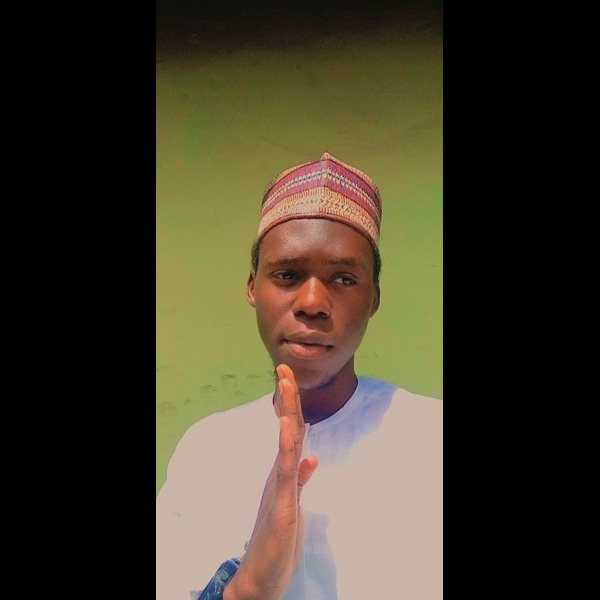10 Presidents Who Was Once Prisoners
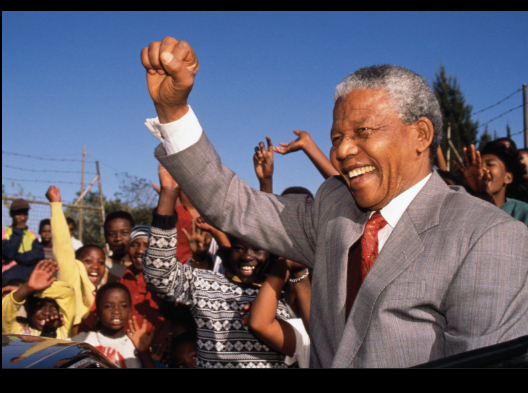
Since the biblical Joseph's journey from prisoner to Prime Minister of Egypt, there have been several men who rose from detention to lead their nations. Presented here are ten such individuals.
Throughout history, leaders have emerged from the depths of imprisonment to guide their nations. From ancient tales like that of Joseph's ascent to a position of power, to more recent examples, these figures serve as powerful examples of resilience and transformation.
One notable leader spent years in confinement before ultimately leading his nation to a new era of unity and reconciliation. Another overcame a failed coup to shape the course of his country for decades. A third faced imprisonment during a turbulent period of military rule, yet later rose to the highest office, advocating for democracy.
Others were jailed in the pursuit of independence, only to emerge as the founding leaders of their nations. Some navigated exile and political challenges to become presidents, showcasing their determination to lead in the face of adversity.
These stories of transformation remind us that even in the darkest times, leaders can emerge with a vision for a better future.
READ ALSO » Top 10 Countries With The Most Prisoners 2024
Take inspiration from their stories and feel free to share.
10 Presidents Who Was Once Prisoners
- Nelson Mandela
- Fidel Castro
- Olusegun Obasanjo
- Kwame Nkrumah
- Ricardo Lagos
- Jomo Kenyatta
- Robert Mugabe
- Jacob Zuma
- Muhammadu Buhari
- Daniel Ortega
1. Nelson Mandela
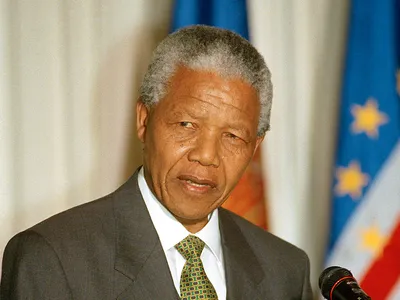
Nelson Rolihlahla Mandela (18 July 1918 – 5 December 2013) was a prominent South African anti-apartheid activist, political leader, and philanthropist. He served as the President of South Africa from 1994 to 1999, becoming the country's first black head of state through a fully representative democratic election.
Mandela faced numerous arrests, with the most notable being his confinement from 1962 to 1990. He spent a total of 28 years in prison, convicted of sabotage and conspiracy to overthrow the government. After global outcry and UN pressure, Mandela gained unconditional freedom in February 1990, eventually leading the ANC to victory in the 1994 elections and becoming South Africa's president.
2. Fidel Castro
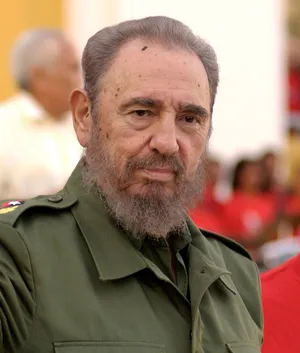
Fidel Alejandro Castro Ruz (August 13, 1926 – November 25, 2016) was a Cuban communist revolutionary and political leader. He governed Cuba as Prime Minister from 1959 to 1976, and then as President from 1976 to 2008.
In 1952, Castro's political trajectory faced a setback when a coup led by General Fulgencio Batista overthrew the government. This left Castro without a legitimate platform, prompting him to form a group called The Movement. Their attempt to overthrow Batista in 1953 led to Castro's capture and subsequent imprisonment. After his release in 1955, Castro waged guerrilla warfare against Batista's regime, eventually leading to his own position as Prime Minister in 1959 and later as President in 1976.
3. Olusegun Obasanjo

Olusegun Matthew Okikiola Aremu Obasanjo (born 5 March 1937) is a former Nigerian army General and two-time president of Nigeria, first as a military ruler from 13 February 1976 to 1 October 1979, and later as a democratically elected president from 29 May 1999 to 29 May 2007.
Obasanjo's imprisonment occurred during the military rule of Sani Abacha (1993-1998). His outspokenness against human rights abuses led to his arrest and alleged involvement in a coup, based on coerced testimony. Obasanjo gained freedom after Abacha's death in June 1998, subsequently winning the presidency in 1999 after 16 years of military rule.
4. Kwame Nkrumah

READ ALSO » Top 10 Amazing Places You Should Visit Once In A Lifetime
Kwame Nkrumah (21 September 1909 – 27 April 1972) was the inaugural prime minister and president of Ghana, guiding the nation to independence from Britain in 1957.
In 1949, Nkrumah, leader of the Conventions People Party (CPP), advocated for a more independent Ghana and faced imprisonment for it. His incarceration resulted from his call for a constituent assembly to draft a new constitution, which was met with resistance by British colonial authorities. After release, Nkrumah played a pivotal role in Ghana's journey to independence, ultimately becoming Prime Minister in 1957 and President in 1960.
5. Ricardo Lagos
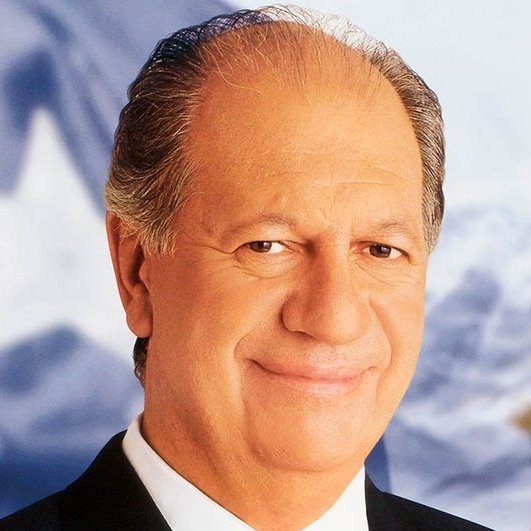
Ricardo Froilan Lagos (born on 2 March 1938) is a Chilean lawyer, economist, and social democrat politician who served as President of Chile from 2000 to 2006. Lagos played a significant role in the fight for democracy in Chile.
Before Lagos' presidency, Chile was under the authoritarian rule of General Augusto Pinochet, who seized power in a coup in 1973. Lagos and his family sought refuge in Argentina to escape Pinochet's regime. However, Lagos eventually returned to Chile, working as a consultant and economist for the United Nations’ Regional Development Agency.
In 1986, an assassination attempt on Pinochet led to widespread arrests of political liberals, including Lagos, even though he had no direct involvement. This experience strengthened Lagos' determination to restore democracy in Chile. After years of political involvement, he became president in 2000.
6. Jomo Kenyatta
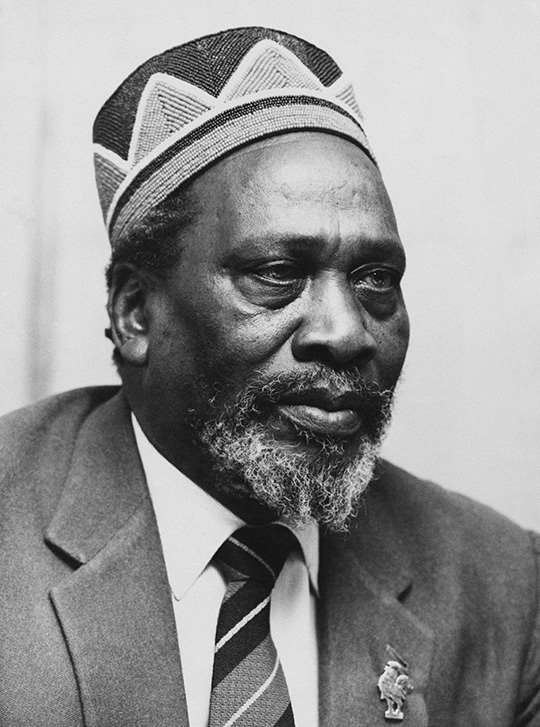
Jomo Kenyatta (1897 – 22 August 1978) was a prominent Kenyan anti-colonial activist who played a pivotal role in Kenya's transition from British colony to an independent republic.
In 1947, Kenyatta was elected President of the Kenya African Union, advocating for independence from British colonial rule. His efforts garnered immense local support but faced opposition from white settlers. In 1952, Kenyatta was arrested for alleged involvement in the Mau Mau Uprising. He was convicted and imprisoned until 1959, followed by exile until 1961. Upon release, Kenyatta assumed leadership of the Kenya Africa National Union (KANU) and guided the country towards full independence in 1963.
7. Robert Mugabe
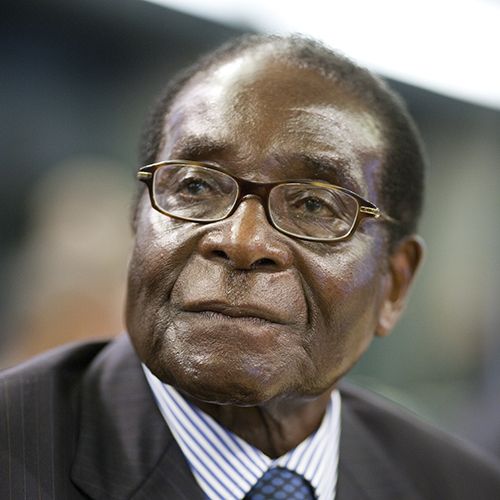
Robert Gabriel Mugabe (born 21 February 1924) was a Zimbabwean revolutionary and politician who led Zimbabwe from independence in 1980 until November 2017, when he was compelled to resign following a bloodless coup.
READ ALSO » Top 10 Most Youngest Presidents In The World 2024
Due to his activism and opposition to British colonial rule, Mugabe was arrested in 1963 and sentenced to imprisonment. While incarcerated, he communicated with activists outside through sympathetic warders. After his release in 1974, Mugabe continued his fight against white rule, eventually leading to Zimbabwe's independence and his election as Prime Minister in 1980.
8. Jacob Zuma
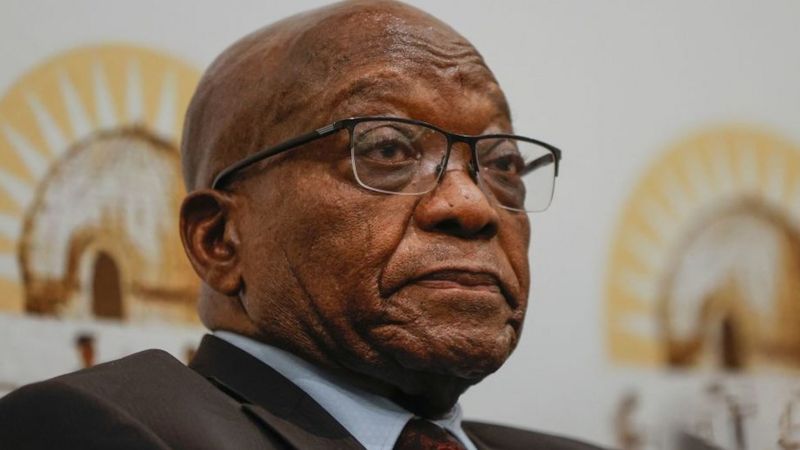
Jacob Zuma, born in Nkandla, South Africa, on 12 April 1942, served as the fourth president of South Africa from 2009 until his resignation on 14 February 2018. Prior to his presidency, Zuma was Deputy President of South Africa from 1995 to 2005 under President Thabo Mbeki, but was dismissed due to corruption allegations.
Zuma's journey involved imprisonment for his anti-apartheid activism. He joined the ANC in 1959 and later its military wing. In 1963, he was arrested and sentenced to prison for conspiring against the apartheid government. After his release, he continued his political ascent, ultimately becoming president in 2009.
9. Muhammadu Buhari
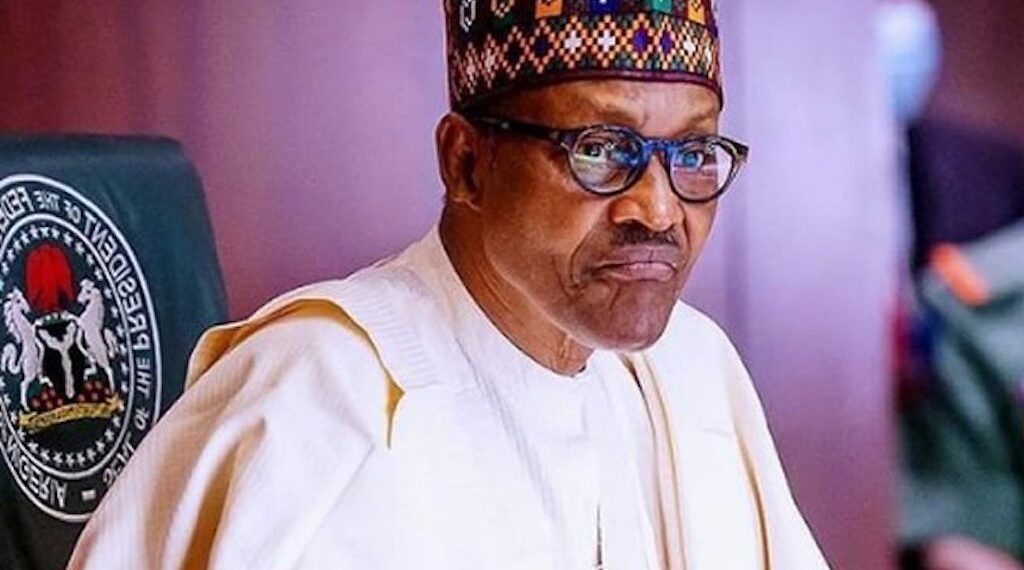
Muhammadu Buhari (born 17 December 1942) is a retired Major General, former head of state from 31 December 1983 to 27 August 1985, and the former President of Nigeria. After his initial military rule ended with imprisonment, Buhari contested in four presidential elections, winning on his fourth attempt in 2015.
In August 1985, Major General Buhari was overthrown in a military coup led by General Ibrahim Babangida. Buhari was detained for three years until 1988. During his confinement, he had limited access to television and occasional family visits, authorized by Babangida.
Buhari persisted in his political journey, contesting in presidential elections from 2003 to 2011. After several attempts, he secured the presidency in 2015, marking a significant shift in Nigerian politics.
10. Daniel Ortega

Daniel Ortega is a Nicaraguan guerrilla leader and Sandinista who served as president of Nicaragua from 1984 to 1990. He was subsequently reelected for three consecutive terms in 2007, 2011, and 2016.
In his youth, Ortega moved to Managua and later attended Central American University. He joined the Sandinista National Liberation Front (FSLN) in 1963 to oppose the dictatorship of Anastasio Somoza. Ortega and other FSLN members were arrested in 1967 for an attempted bank robbery to fund their cause. Following a period of torture, he was released in 1974 as part of a hostage exchange.
Ortega's dedication to the FSLN led to the overthrow of Somoza in 1979. He became a key figure in the ruling Junta of National Reconstruction, eventually becoming president in 1984 and continuing his political influence in Nicaragua for decades.
These individuals' journeys from detention to leadership serve as powerful examples of resilience, determination, and the potential for transformative change.
